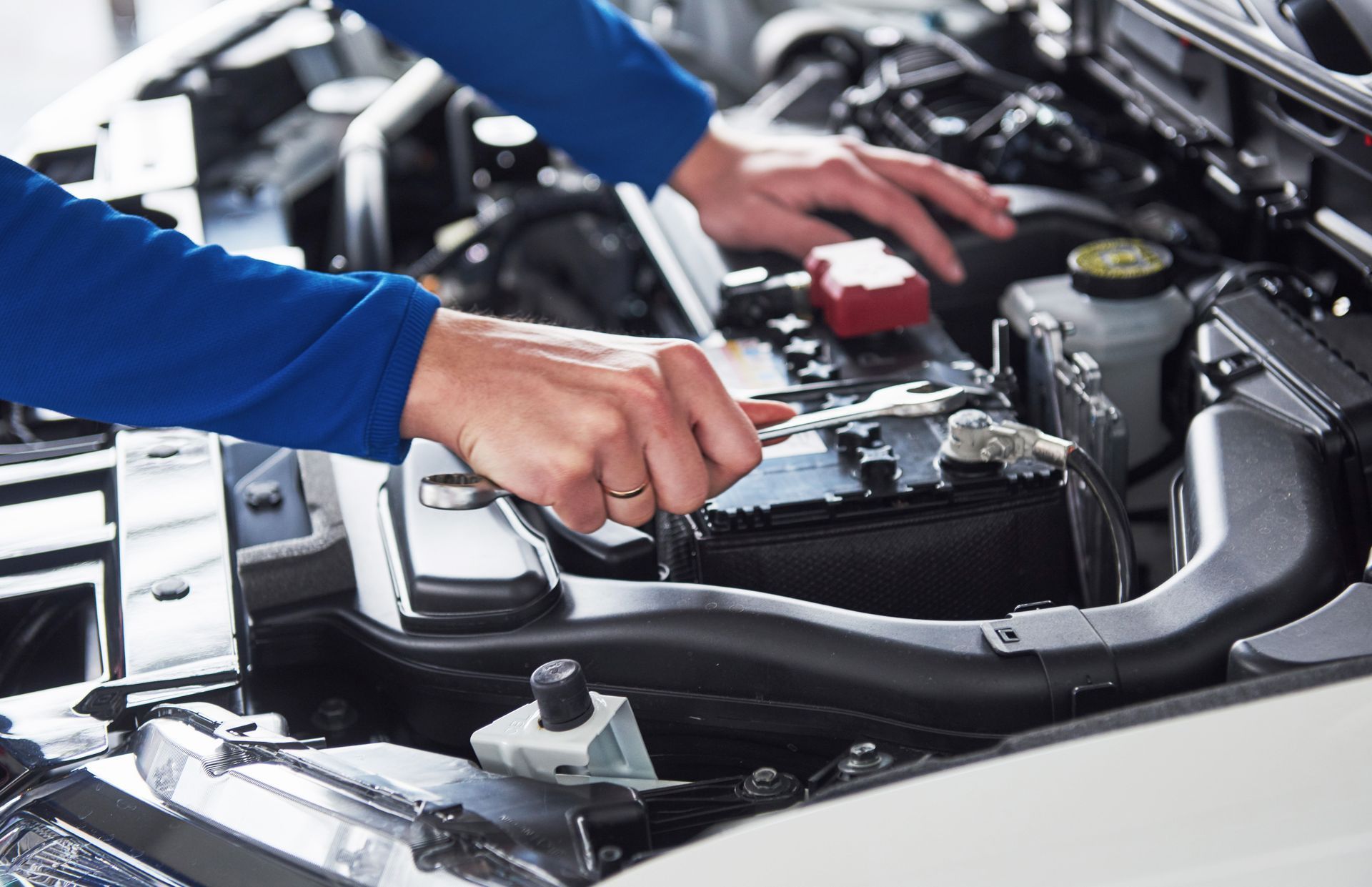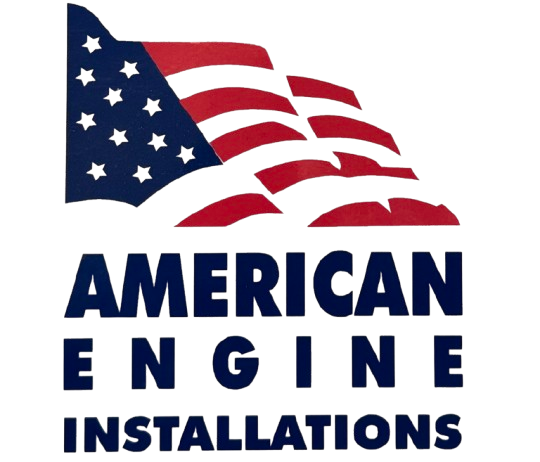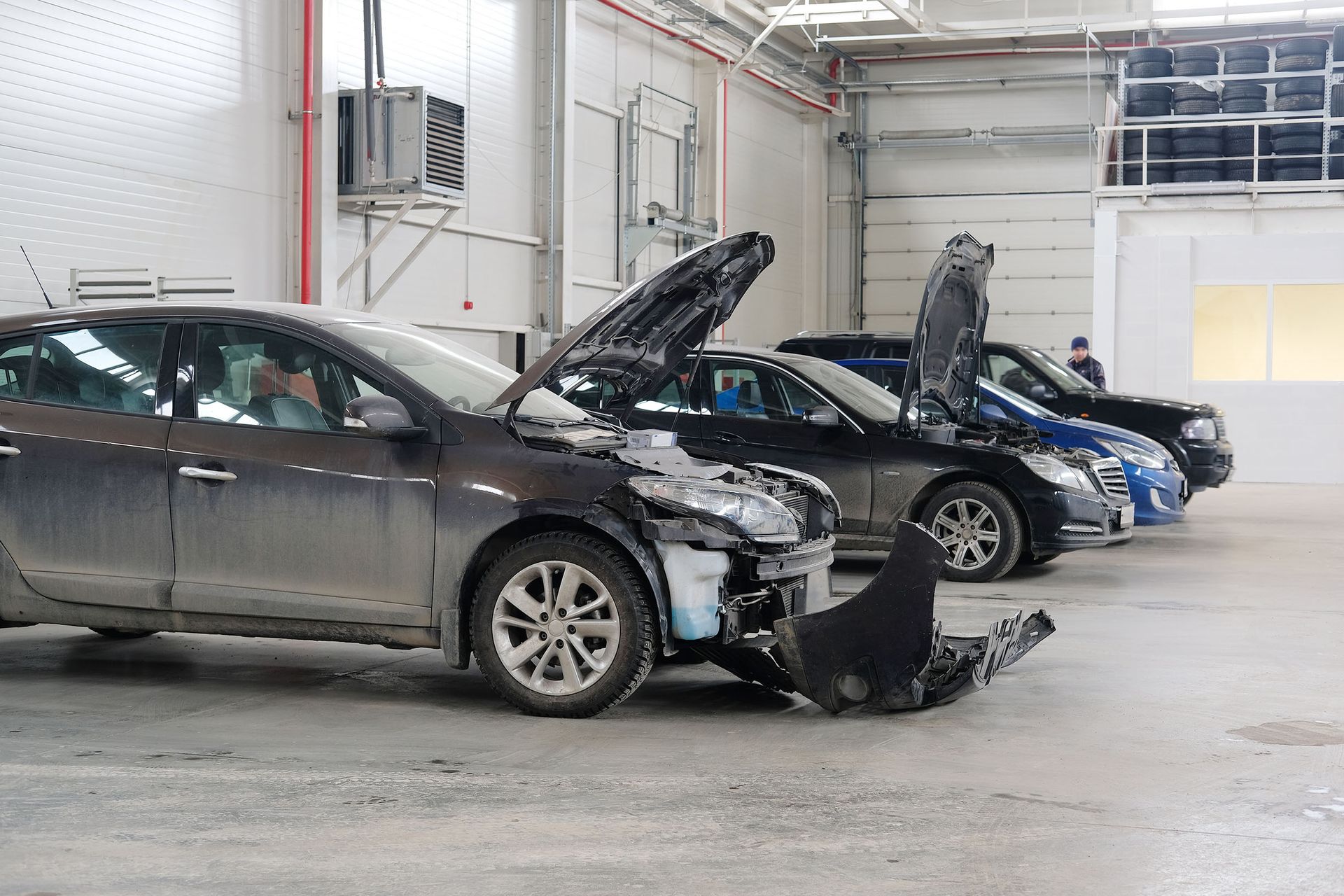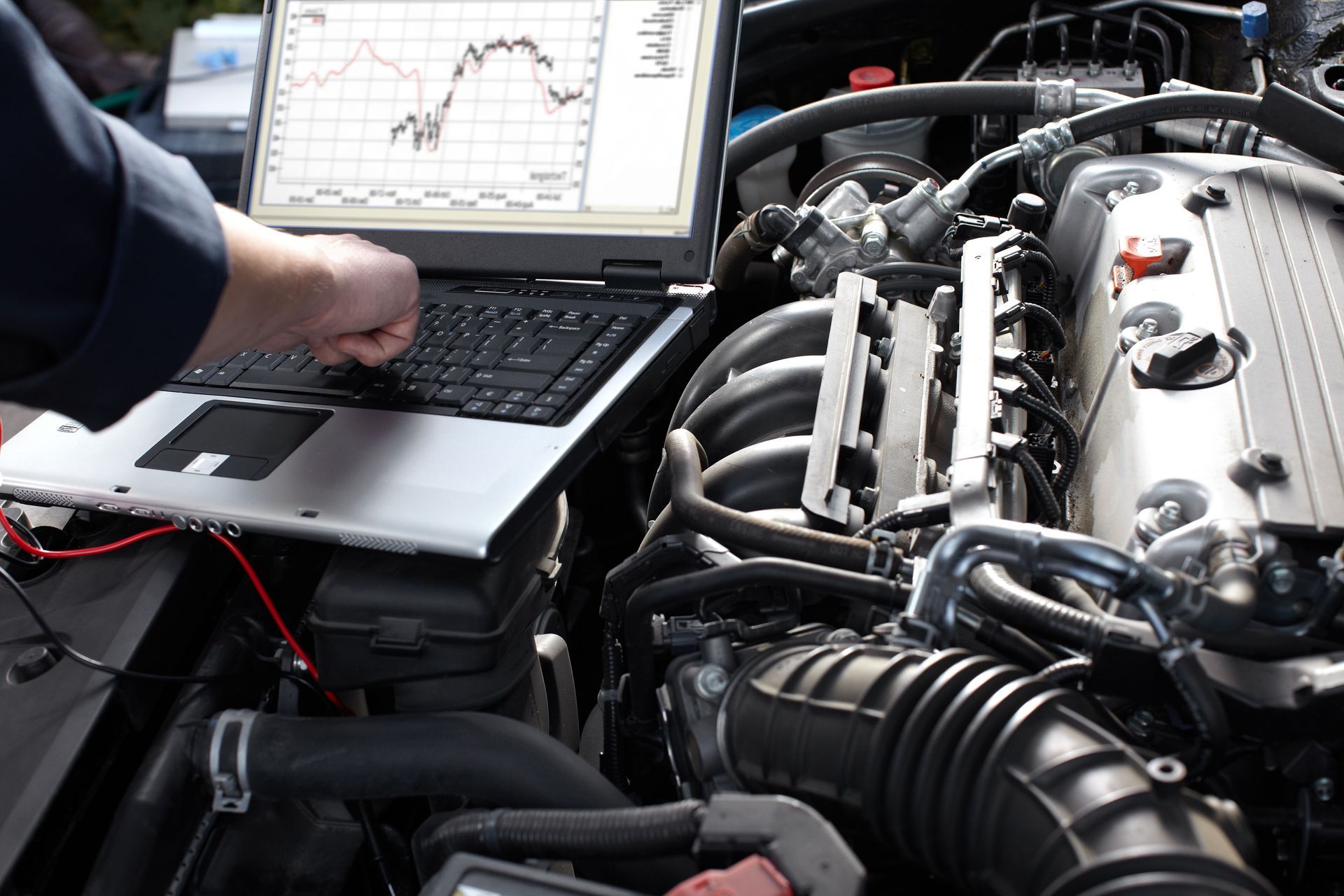5 Signs Your Car Engine Needs Repair
The heart of your vehicle, the engine, is critical to its performance and longevity. A car engine, much like the human heart, demands attention and frequent check-ups to operate efficiently. Unfortunately, not everyone recognizes the symptoms of a faltering engine until it's too late. Knowing the signs early on can prevent an expensive and inconvenient breakdown. Here are several red flags to watch out for that indicate your car might need engine repair.
1. Unusual Noises
If you start hearing odd noises such as knocking, popping, or hissing from under the hood, it's a clear signal that something is amiss. Such noises often stem from engine misfires, worn-out parts, or even an issue with the exhaust system. Addressing these sounds as promptly as possible is crucial because ignoring them can lead to more severe damage that may require costly engine repairs. Even a minor sound can indicate a larger issue developing within your engine's components. Some noises may only occur during specific driving conditions, such as accelerating or turning, making them easy to overlook. Keeping a log of when and how these noises occur can help your mechanic diagnose the issue more effectively.
2. Excessive Exhaust Smoke
One of the most visually apparent signs of engine trouble is excessive exhaust smoke. The color of the smoke can be indicative of different issues: blue smoke suggests oil is burning, black smoke denotes too much fuel is being consumed, and white smoke might point to a coolant leak. Regardless of the color, excessive smoke typically hints at an underlying engine problem needing immediate attention. Monitoring your exhaust regularly can help you catch these issues before they escalate into expensive engine repairs. If you notice smoke accompanied by a burning smell or a decrease in engine power, it’s time to consult a professional immediately. Prolonged exposure to such emissions can also harm your health and the environment.
3. Poor Fuel Economy
A decrease in fuel efficiency often signals that your engine is not running optimally. This could be due to failing components that prevent the engine from being as fuel-efficient as it should be. Addressing these issues is essential not only for keeping your running costs down but also for extending the life of your vehicle. According to AARP, a typical passenger car should last at least 200,000 miles, and maintaining optimal fuel efficiency is key to reaching that milestone. Dirty air filters, faulty oxygen sensors, or even low tire pressure can all contribute to poor gas mileage. By performing regular maintenance checks, you can prevent small issues from affecting your vehicle’s long-term performance and fuel usage.
4. Check Engine Light Is On
The check engine light is one of the more direct communication tools in your vehicle's arsenal, literally lighting up when something goes wrong. While it can be triggered by minor issues like a loose gas cap, it can also signify more serious concerns such as engine malfunction. When this light stays illuminated, it's critical to have your vehicle diagnosed by a professional mechanic to determine the root cause. Delaying service can result in further engine degradation and more extensive repairs later on. In some cases, the vehicle may even enter "limp mode" to prevent additional damage, drastically reducing performance. Paying attention to how the car behaves when the light comes on can provide clues about the severity of the issue.
5. A Decline in Performance
Have you noticed a decrease in your car's overall performance? Perhaps it doesn't accelerate as smoothly as it used to, or it stalls at road intersections. These performance issues can be symptomatic of needing engine repair. Consistent performance is necessary for both safety and effectiveness on the road, so any noticeable drop should be promptly investigated and resolved. Neglecting performance dips may lead to more serious mechanical failures over time. You might also experience reduced throttle response or unusual vibrations during driving. Early intervention not only improves safety but can also prevent small problems from snowballing into engine replacements.
Recognizing the early signs of engine problems is imperative to the health and durability of your vehicle. Ignoring these symptoms can lead not only to higher repair costs but also potentially shorten the lifespan of your car. By understanding and addressing these issues head-on, you can ensure your vehicle remains in peak condition, driving smoothly and safely for many miles to come. Always remember, prevention is easier and more cost-effective than a cure when it comes to vehicle maintenance. Does your car need any engine repair work? Take it to American Engine Installations and let our engine specialists take a look at it.






Share On: